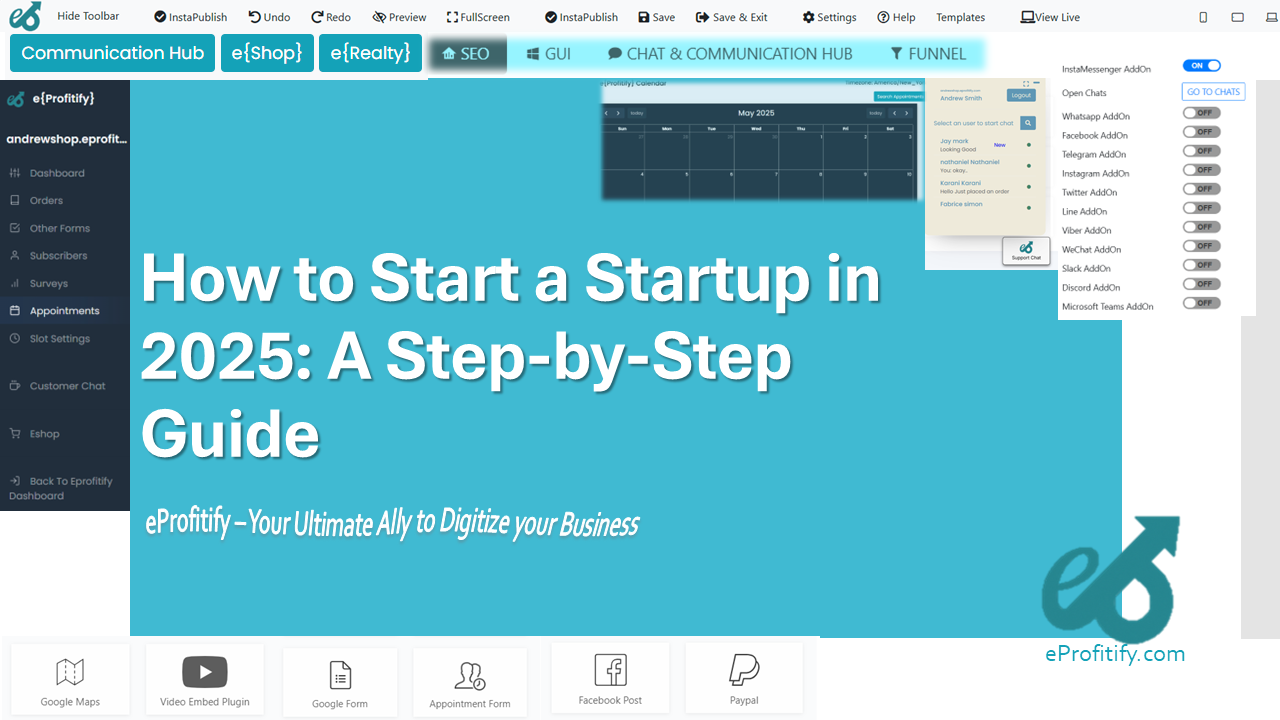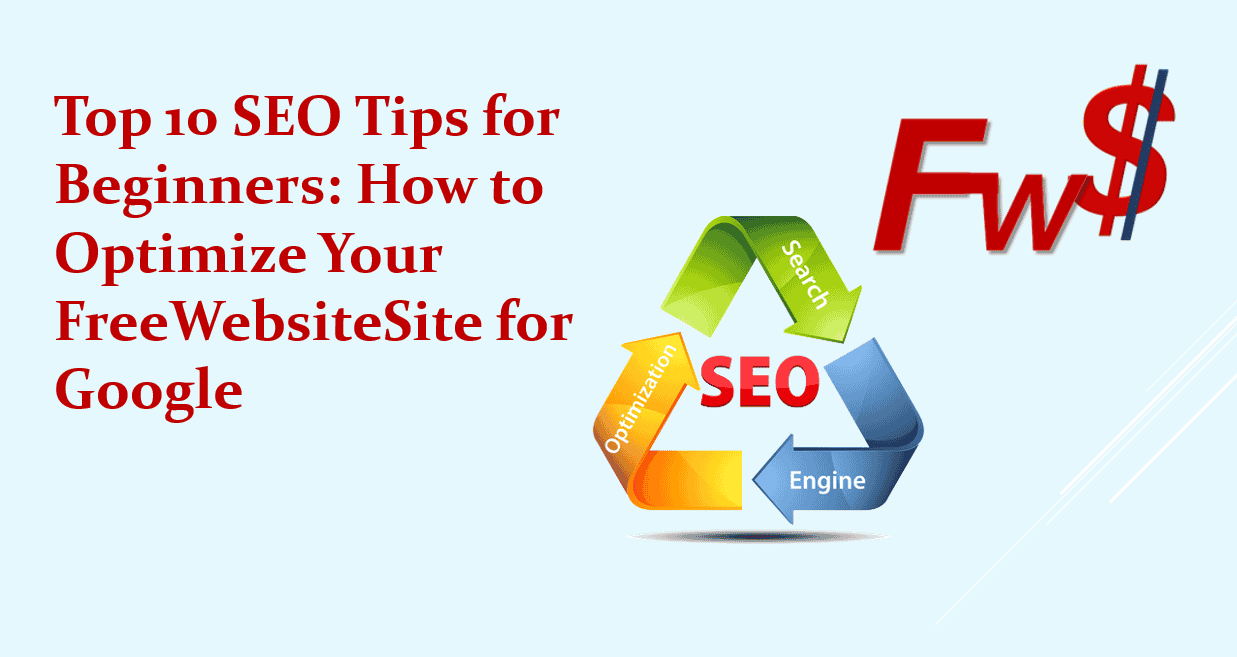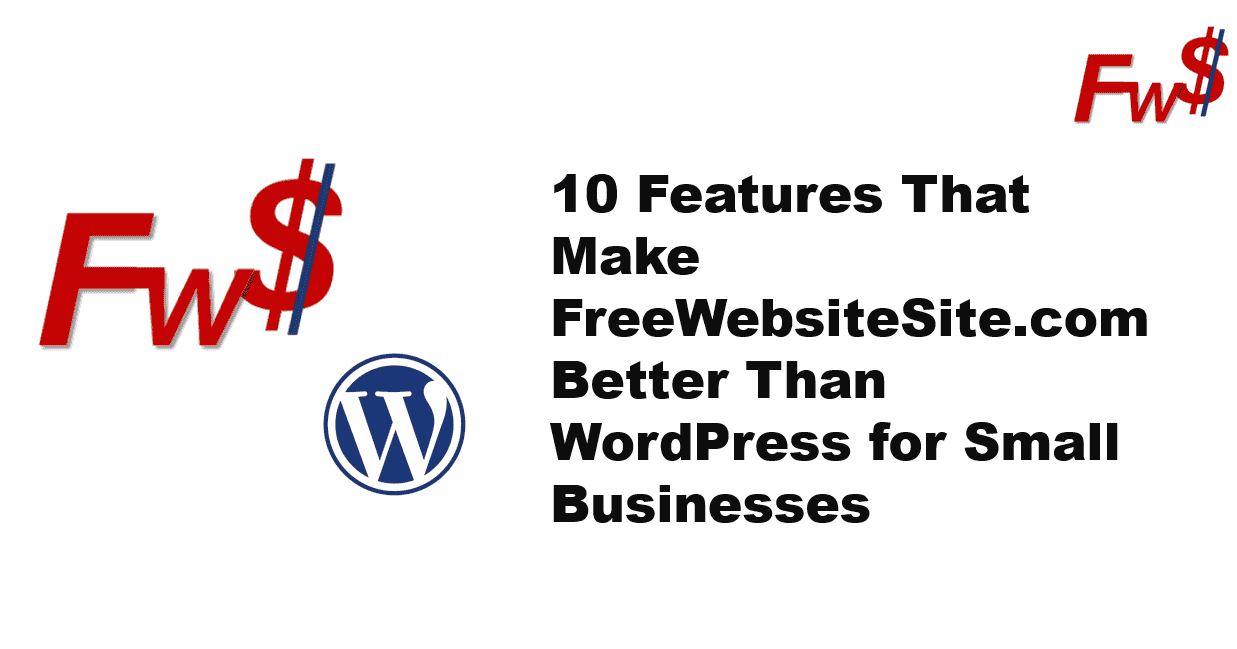How to Start a Startup in 2025: A Step-by-Step Guide

How to Start a Startup in 2025: A Step-by-Step Guide
The entrepreneurial landscape is evolving rapidly, and 2025 promises to be a groundbreaking year for startups. With advancements in AI, decentralized technologies, and a growing emphasis on sustainability, launching a business requires strategic planning, agility, and the right tools. This guide breaks down the essentials of starting a successful startup in 2025, backed by actionable insights and statistics, while highlighting how platforms like Eprofitify can streamline your journey.
Step 1: Validate Your Idea and Conduct Market Research
Before diving in, validate your idea against real-world needs. Over 42% of startups fail due to a lack of market demand (CB Insights). Use surveys, focus groups, or AI-powered tools to analyze trends. For example, sectors like AI-driven healthcare, green tech, and decentralized finance (DeFi) are projected to dominate in 2025.
Stat to Note: The global AI market is expected to reach $126 billion by 2025 (Gartner), signaling vast opportunities for tech innovators.
Step 2: Build a Scalable Business Model
Develop a business model that balances profitability with adaptability. Subscription services, SaaS platforms, and hybrid work solutions are thriving post-pandemic. Platforms like Eprofitify offer integrated tools for invoicing, customer analytics, and inventory management, enabling founders to test and refine models effortlessly.
Step 3: Assemble a Remote-First Team
By 2025, 36.2 million Americans will work remotely (Upwork). Build a distributed team using collaboration tools. Eprofitify stands out with its instant messaging system, task management, and video conferencing, fostering seamless communication across time zones.
Step 4: Leverage Cutting-Edge Technology
Technology is the backbone of modern startups. Integrate AI chatbots for customer service, blockchain for transparency, and automation for efficiency. Here’s where Eprofitify shines—it combines website publishing, CRM, eCommerce, and appointment management in one platform. Its AI-driven CRM boosts sales efficiency by up to 29% (Salesforce), while built-in SEO tools enhance online visibility.
Key Features of Eprofitify:
- Instant Messaging: Connect teams and clients in real time.
- Appointment Management: Automate scheduling and reduce no-shows.
- eCommerce Integration: Launch scalable online stores with payment gateways.
- CRM Analytics: Track customer behavior and personalize engagement.
Step 5: Secure Funding Strategically
Explore diverse funding avenues:
- Bootstrapping: 80% of startups begin with personal savings (Guidant Financial).
- VCs and Angels: Global VC funding hit $445 billion in 2023 (Crunchbase)—target sectors like AI and clean energy.
- Crowdfunding: Platforms like Kickstarter raised $7.4 billion in 2023 for early-stage ventures.
Use Eprofitify’s financial dashboards to present data-driven pitches to investors.
Step 6: Launch and Market Your Brand
A strong launch requires agility. Pre-launch tactics like waitlists and influencer partnerships can drive hype. Post-launch, leverage social media and data analytics for targeted campaigns.
Stat to Note: E-commerce sales are projected to hit $7.4 trillion by 2025 (Statista). With Eprofitify’s eCommerce tools, startups can tap into this growth via customizable storefronts and AI-powered sales insights.
Step 7: Prioritize Sustainability and Ethics
Consumers increasingly favor eco-conscious brands—72% prioritize sustainability (IBM). Integrate ESG (Environmental, Social, Governance) principles early and use Eprofitify’s analytics to track your carbon footprint and social impact.
Step 8: Iterate and Scale
Monitor KPIs like retention rates and CAC (Customer Acquisition Cost). Use Eprofitify’s real-time analytics to identify bottlenecks. Embrace pivots: Instagram started as a check-in app before becoming a photo-sharing giant.
Why Eprofitify is a Game-Changer for 2025 Startups
In a competitive landscape, Eprofitify eliminates operational friction by unifying critical tools:
- All-in-One Platform: No juggling between apps—manage projects, sales, and teams in one place.
- Cost Efficiency: Reduce software expenses by 40% with bundled features.
- Security: Enterprise-grade encryption protects sensitive data.
Conclusion
Starting a startup in 2025 demands innovation, resilience, and smart tooling. By validating ideas, embracing remote work, and leveraging platforms like Eprofitify, founders can navigate complexities and scale sustainably. As the digital economy accelerates, the right strategy—and the right tools—will separate the next unicorns from the rest.
Takeaway: In 2025, success hinges on agility. Begin with research, build with purpose, and let tools like Eprofitify handle the rest.
This guide blends actionable steps, forward-looking statistics, and a spotlight on Eprofitify’s transformative features to empower aspiring entrepreneurs in 2025.








